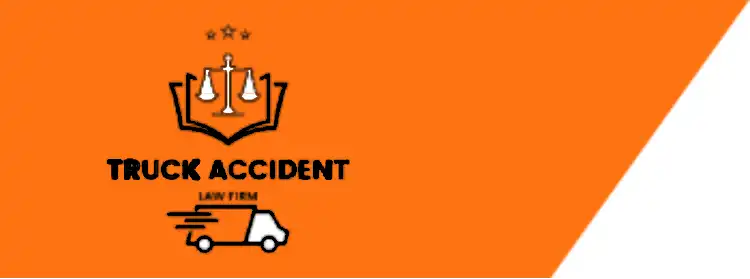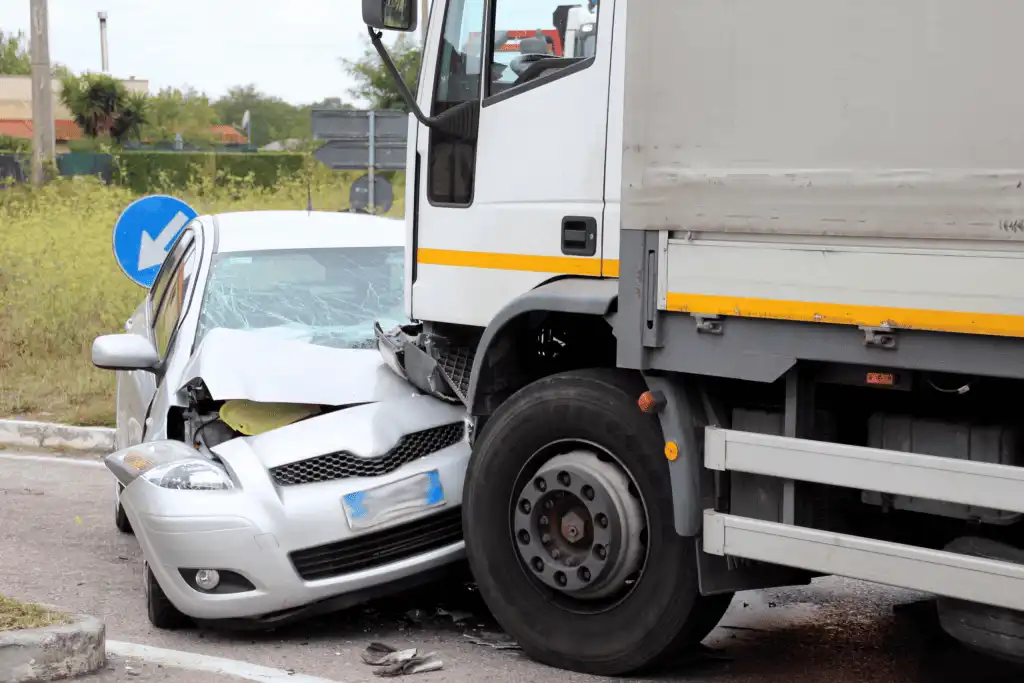Being involved in a truck accident can be overwhelming, leaving you with physical injuries, emotional stress, and mounting financial burdens. While the physical and emotional recovery is important, navigating the legal process is essential for securing the compensation you deserve. If you’ve been involved in a truck accident, understanding the legal steps involved in filing a claim and pursuing justice can help you make informed decisions throughout the process.
In this blog, we’ll guide you through the typical legal process after a truck accident and explain what you can expect at each stage. From filing a claim to negotiating a settlement, here’s what you need to know.
1. Seek Medical Attention Immediately
Before diving into the legal process, it’s crucial to prioritize your health. Even if you think your injuries are minor, it’s important to seek medical care right away. Injuries from truck accidents may not always be immediately visible, such as internal injuries or whiplash, so getting checked by a healthcare professional ensures that you receive proper treatment.
Additionally, medical records will serve as essential evidence in your case, documenting the severity of your injuries and the necessary treatments. Having a clear medical history will help your lawyer build a strong claim for compensation later in the process.
2. Contact an Experienced Truck Accident Lawyer
As soon as possible after seeking medical attention, it’s a good idea to contact an experienced truck accident lawyer. Truck accident cases are often more complex than typical car accident claims, as they involve large commercial trucking companies and various regulations. A skilled attorney can guide you through the legal process, help you understand your rights, and begin gathering evidence to support your case.
Truck accident lawyers are well-versed in the specific laws related to trucking, such as the Federal Motor Carrier Safety Administration (FMCSA) regulations. They’ll ensure your claim is handled properly and work to secure the maximum compensation possible.
3. Investigation and Evidence Gathering
One of the first steps your lawyer will take is to conduct a thorough investigation into the truck accident. The goal is to gather all necessary evidence to determine who was at fault and to build a strong case for compensation.
Key pieces of evidence include:
-
Police Reports: The police report will contain crucial details about the accident, including the cause, the parties involved, and any citations issued to the truck driver.
-
Truck Driver’s Logs: Truck drivers are required to maintain logs of their driving hours, rest periods, and cargo. These logs can provide critical evidence to determine whether the driver was fatigued or violated regulations.
-
Black Box Data: Many commercial trucks are equipped with an Event Data Recorder (EDR) or a black box that records data such as speed, braking, and acceleration. This data can be invaluable in determining the cause of the accident.
-
Witness Statements: Eyewitnesses can offer valuable insights into what happened during the accident, and their statements can support your claim.
-
Expert Testimony: Your lawyer may consult experts, such as accident reconstruction specialists, to determine how the crash occurred and who is liable.
By gathering all relevant evidence, your lawyer will be able to determine whether the truck driver, the trucking company, or another party was responsible for the crash.
4. Determining Liability
In a truck accident case, determining liability can be more complicated than in typical car accident cases. Multiple parties may be at fault, including:
-
The Truck Driver: The truck driver may be at fault if they were negligent by driving recklessly, violating traffic laws, or driving while fatigued.
-
The Trucking Company: The company may be responsible for the accident if they failed to maintain the truck properly, didn’t follow FMCSA regulations, or forced the driver to work beyond their hours of service.
-
The Manufacturer: If a defect in the truck or its parts caused the accident, the manufacturer of the truck or its components may be liable.
-
Third Parties: Other parties, such as another vehicle on the road or a road maintenance company, may also share responsibility for the accident.
Your truck accident lawyer will work to identify all liable parties, ensuring that you are compensated for your injuries and losses.
5. Filing Your Claim
Once your lawyer has gathered the necessary evidence and determined liability, they will file a formal claim with the at-fault party’s insurance company. If the trucking company is at fault, their insurance will typically cover the damages. However, trucking companies and their insurers often have large teams of lawyers working to reduce their liability, which is why it’s critical to have a lawyer on your side to handle negotiations.
Your lawyer will calculate the full value of your claim, including:
-
Medical Expenses: This includes current and future medical bills related to your injuries, such as hospital stays, surgeries, physical therapy, and medications.
-
Lost Wages: If your injuries prevent you from working, your lawyer will calculate the wages you’ve lost during your recovery and any future loss of earning capacity.
-
Pain and Suffering: You may also be entitled to compensation for the physical pain and emotional distress caused by the accident.
-
Property Damage: This includes the cost of repairing or replacing your damaged motorcycle or vehicle.
6. Negotiating a Settlement
After you file your claim, the insurance company will typically offer a settlement. While it may seem like a quick resolution, you should never accept the first offer without consulting your lawyer. Insurance companies often offer lowball settlements in an attempt to close the case quickly and save money.
Your lawyer will evaluate the offer and determine whether it fairly compensates you for all your damages. If the settlement is too low, your lawyer will negotiate with the insurance company to get a better deal. If they are unwilling to offer a fair settlement, your lawyer may advise taking the case to court.
7. Litigation and Trial (If Necessary)
If a fair settlement cannot be reached through negotiations, your lawyer may recommend filing a lawsuit and taking the case to trial. While most truck accident cases settle out of court, having the option to go to trial can be an effective leverage point in negotiations.
In a trial, your lawyer will present the evidence, call witnesses, and make a case to the judge and jury. Your goal is to show that the other party was responsible for the accident and that you deserve compensation for your injuries and damages. Your lawyer will be with you every step of the way, fighting for the justice you deserve.
8. Receiving Compensation
Once your case is resolved, whether through a settlement or a trial verdict, you will receive compensation for your injuries, property damage, and other losses. If you’ve been awarded a settlement, your lawyer will ensure that the payment is processed and that any necessary deductions (such as medical liens or legal fees) are handled.
Conclusion
The legal process after a truck accident can be complicated, but with the help of an experienced truck accident lawyer, you can navigate it successfully. From investigating the cause of the crash to negotiating with insurance companies, your lawyer will fight for your rights and help ensure you receive the compensation you deserve.
If you’ve been involved in a truck accident, don’t wait—contact a trusted truck accident attorney today to begin building your case. With their expertise, you can focus on recovering from your injuries while they handle the legal details, ensuring the best possible outcome for your situation.

